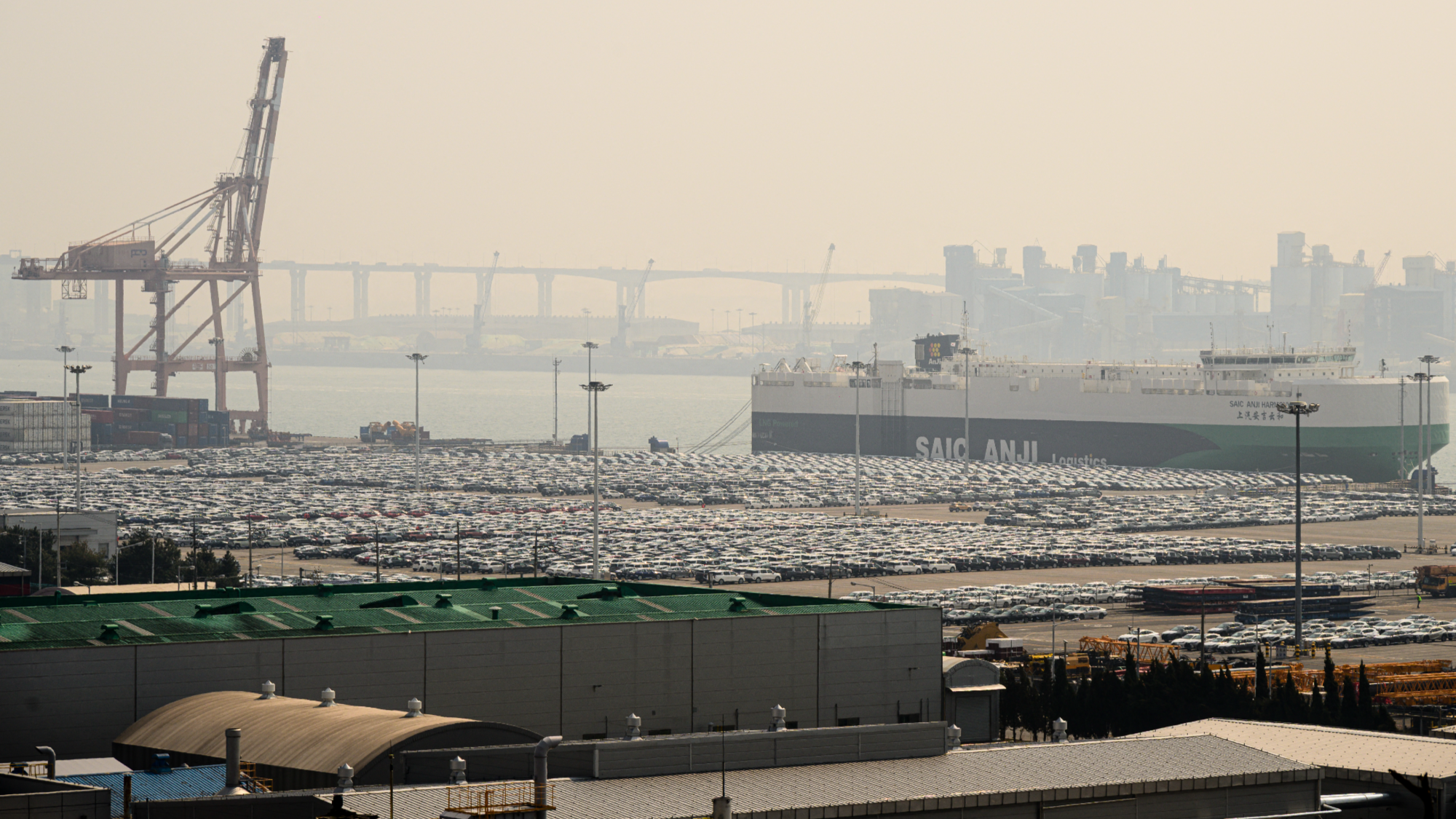
South Korea’s top trade official will visit the US this weekend with fresh proposals in a last-minute bid to delay a looming deadline for negotiations before higher tariffs are scheduled to kick in.
Trade Minister Yeo Han-koo said he will meet with US Trade Representative Jamieson Greer in Washington on Saturday. “We will take this opportunity to propose cooperation measures in key industries,” Yeo told lawmakers in parliament in Seoul on Friday.
Yeo did not provide details of the measures he’ll be taking to the negotiating table but said he will present investment, purchasing and technology cooperation plans to boost the two countries’ manufacturing capabilities.
READ MORE: South Korea’s trade chief seeks tariff relief in first US talks
US President Donald Trump said that his administration will start sending out letters to trading partners on Friday setting unilateral tariff rates, which he said countries would have to begin paying on Aug 1. Trump said around 10 or 12 letters will be sent, but didn’t elaborate on which countries will get them.
Asked about any potential extension of talks beyond July 9, Treasury Secretary Scott Bessent said earlier that Trump would make the final call, determining whether countries are negotiating in “good faith.”
South Korea’s negotiations with the US have been hampered by six months of domestic turmoil following former President Yoon Suk-yeol’s attempt to impose martial law. The administration of newly installed President Lee Jae-myung is now playing catchup as multiple nations deal with US pressure to sign off on deals.
Yeo’s visit appears more aimed at demonstrating “good faith” in negotiations with the US than inking an immediate deal. He was in Washington just last week for his first meeting with US trade officials.
“We intend to convey the message that we need more time and should accelerate negotiations in a mutually beneficial way to achieve a good win-win deal,” Yeo said. “Depending on how the negotiations work out, we will actively review seeking extension of the grace period if needed.”
South Korea, a key US ally and major exporter of cars, semiconductors, and batteries, has seen its companies and its economy caught in the crosshairs of Trump’s tariff campaign. Shipments abroad are equivalent to more than 40 percent of the size of the economy, making South Korea particularly vulnerable to US duties and any impact they have on global trade.
Without an agreement or an extension, across-the-board reciprocal tariffs on exports to the US will rise to 25 percent from 10 percent in addition to sectoral duties on auto and steel products.
READ MORE: South Korea launches task force on US trade negotiations
US officials had previously insisted that sectoral tariffs would be off the table in their talks, but some hinted during their recent negotiations that they could consider discussing that topic depending on what South Korea might be able to offer, another South Korean trade official said earlier this week.
The US is demanding South Korea to address non-tariff barriers to ease US companies’ access to the Asian nation’s car, agricultural and service sectors, Yeo said.
“We will seek exemption of all reciprocal and sectoral tariffs imposed by the US, or at least make sure that we are not left behind at a disadvantage compared to our competitors,” Yeo said.


